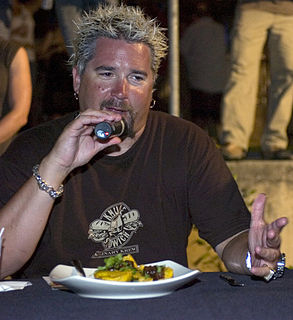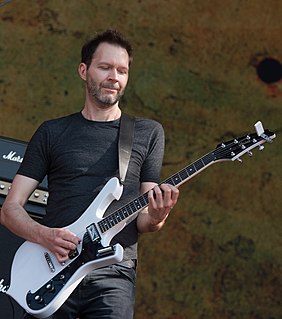A Quote by Sal Khan
I'm starting a virtual school for the world, teaching things the way I wanted to be taught.
Related Quotes
School and things that painters have taught me even keep me from painting as I want to. I decided I was a very stupid fool not to be at least paint as I wanted to and say what I wanted to when I painted as that seemed to be the only thing I could do that didn't concern anybody but myself. I found that I could say things with colour and shapes that I couldn't say in any other way things that I had no words for.
Traditional education focuses on teaching, not learning. It incorrectly assumes that for every ounce of teaching there is an ounce of learning by those who are taught. However, most of what we learn before, during, and after attending schools is learned without its being taught to us. A child learns such fundamental things as how to walk, talk, eat, dress, and so on without being taught these things. Adults learn most of what they use at work or at leisure while at work or leisure. Most of what is taught in classroom settings is forgotten, and much or what is remembered is irrelevant.
One of the wonderful things about the information highway is that virtual equity is far easier to achieve than real-world equity...We are all created equal in the virtual world and we can use this equality to help address some of the sociological problems that society has yet to solve in the physical world.
I set up this magazine called Student when I was 16, and I didn't do it to make money - I did it because I wanted to edit a magazine. There wasn't a national magazine run by students, for students. I didn't like the way I was being taught at school. I didn't like what was going on in the world, and I wanted to put it right.
It's difficult to get a job and people stay in school longer because they're employed as teaching assistants or instructors by their schools, by their schools where they're graduate students, and that does become exploitative eventually because they're very cheap labor and there's a way in which in it's not in the institution's interest to give them a degree if they can continue to employ them, I don't think anybody thinks that way, but effectively that's the way the system is starting to work.




































